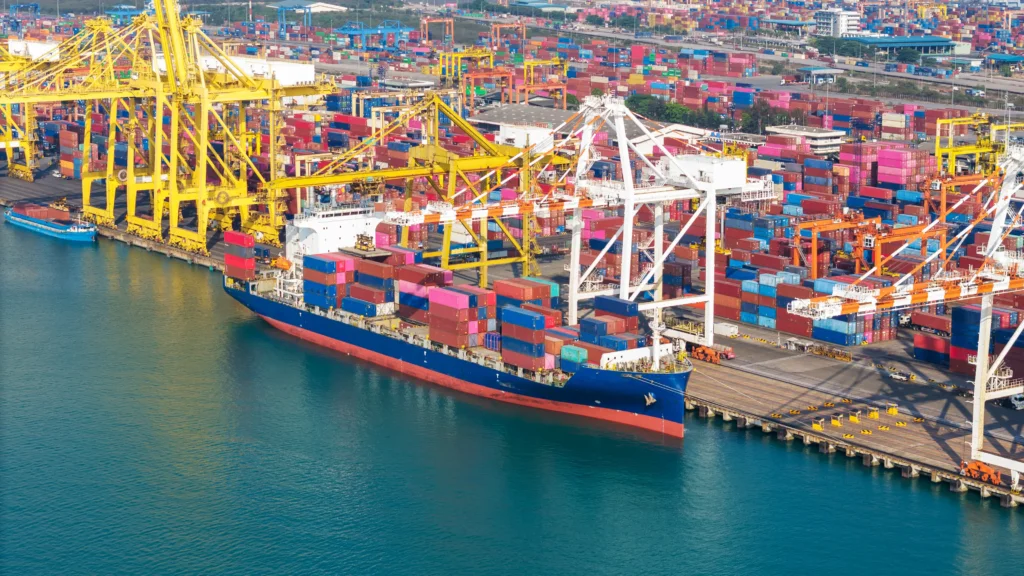German car manufacturers fear a collapse of the supply chain. They have already taken some steps and held talks with the government. They plan to resume production soon. The situation in the container transport market is also slowly stabilising.
The situation of one of the flagship industries in Germany is serious. Representatives of the sector (including CEOs and Presidents of VW, BMW, Daimler) held talks on the current crisis with German Chancellor Angela Merkel and the heads of departments of transport, labour, economy and finance.
Manufacturers have appealed to the federal government to get the financial aid proposed by the state to companies as soon as possible. The situation is dramatic for companies in Spain and Italy, where the VW Group alone has 800 suppliers. Many are threatened with financial collapse this week, the German daily Handelsblatt reports, describing the manufacturers’ talks with the government.
Admittedly, the companies were preparing to ‘support strategically important suppliers in individual cases’. However, production in Spain or Italy has stopped, and the lack of components stops production in Germany. The heads of Daimler, BMW and VW believe that Italy and probably Spain also need the support of financially stronger EU countries. Re-launching supply chains is not a national task and can only be successful through international action.
According to the declarations of manufacturers so far, most of the factories in Germany are to resume production around 20 April. However, in order for it to get back on track, it would be necessary to open the borders to allow the free transport of components across Europe.
Container transport prices are stabilising
The announcement about the possibility of resuming production in German automotive factories is not the only indication that the situation may begin to normalise. According to the data of Drewry consulting company, which analyses container transport rates, prices are stabilising. The global container index, calculated on the basis of container transport rates on eight major routes to and from the United States, Europe and Asia, fell by 0.3% in the last week of March to $1,530. This is 9.7% more than in the same period of 2019. The annual average is now $1,643, which is 19.71% higher than the average for the last five years ($1,380).
For example, the price of container transport between Shanghai and Los Angeles increased by 12% (to $1,659) and between Shanghai and New York by 6% (to $2,882). Rates for transport from Rotterdam to Shanghai increased by 5% (to $864). The price of Shanghai-Genoa freight has fallen by 9% to $1,807. The rate for transport between Rotterdam and New York ($2,322) has not changed.
Drewry’s experts expect price increases in the coming days due to increased production in China.
The stabilisation of container freight rates can also be seen from another indicator, the Freightos Baltic Index (FBX), which gives rates in intermodal transport for 40-foot containers. Looking at the data from the beginning of the year to April, the situation has stabilised. From the end of January to the end of February, a decrease of 16% was recorded (from 17 January to 28 February). The breakthrough was on 28 February, when the rates started to rise slightly, reaching a level similar to that of the beginning of the year in April.
Photo: Volkswagen









